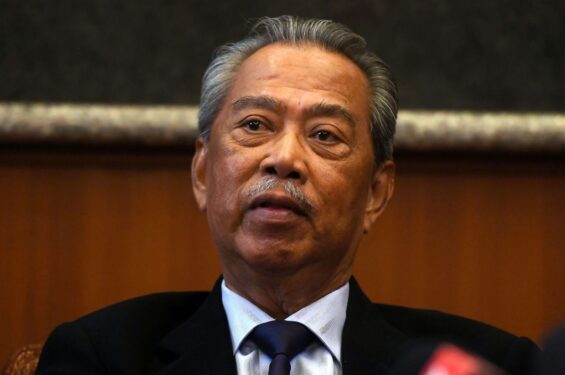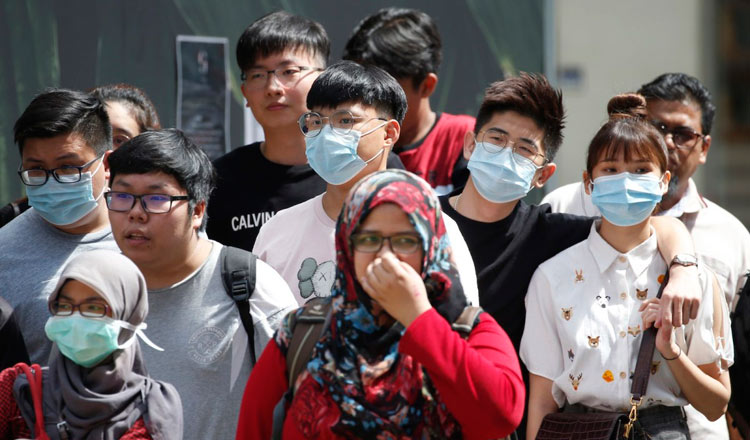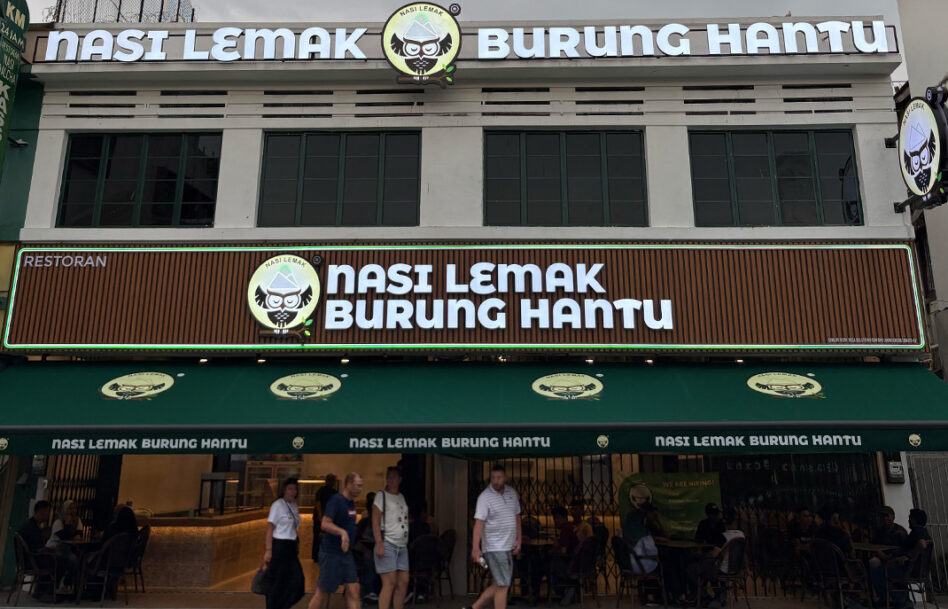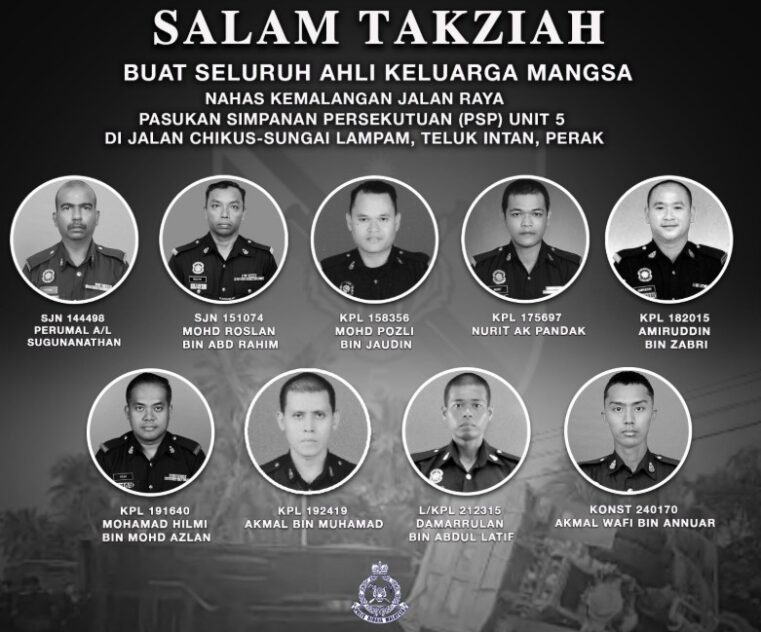WEARING a face mask is still the best way of ensuring that one does not get infected with COVID-19, National Recovery Chairman (NRC) chairman Tan Sri Muhyiddin Yassin said.
This comes after Singapore yesterday (Aug 29) loosened its masking rules, only requiring people in the island-state to wear face masks when taking public transport and in healthcare facilities.
The use of face masks has become more of a “habit” than a compulsion as people in Malaysia have been doing so for over two years, Muhyiddin was reported by Bernama as saying yesterday.
“If and when the time comes that it is not compulsory, the people can still continue to use them if they want to feel safe,” the former prime minister said.

However, the Health Ministry (MOH) will still look into and decide on whether the use of face masks in enclosed spaces can be done away with, provided the COVID-19 situation improves further.
He added that this was raised during an MPN meeting yesterday and Deputy Health Ministry Datuk Dr Noor Azmi Ghazali is on the ball.
“This (the decision to study the mandatory masking mandate) is not just because Singapore had done it and so we have to as well,” Muhyiddin clarified.
The compulsory use of face masks in Malaysia started on Aug 1, 2020, enforced under the Prevention and Control of Infectious Diseases Act 1988.
The public health measure was designed at minimising or controlling the community-level spread of COVID-19 during the early phases of the pandemic.
The wearing of masks has been shown to protect people from contracting COVID-19, according to research and official Government data, though the quality of masks worn does play a major role in its protection rate.
Effective May 1 this year, it is no longer compulsory for people to wear face masks when outdoors. However, it remains mandatory in enclosed places or where crowds are expected.
Singapore’s decision to end its compulsory masking mandate ends a two-year-long indoor masking requirement.
Masks, however, must still be worn in healthcare facilities, residential care homes and ambulances, as well as indoor premises within hospitals and polyclinics.
Masks also need to be worn on public transport, including trains, mass rapid transit (MRT) carriages and public buses, besides indoor public transport facilities such as MRT platforms and boarding areas within bus interchanges.
“The reason is that we have identified areas where essential services are being carried out in enclosed, crowded spaces and which are frequently used by vulnerable persons,” Singapore’s Finance Minister Lawrence Wong reportedly said in announcing details of the new policy last Wednesday (Aug 24). – Aug 30, 2022
Main photo credit: AFP









